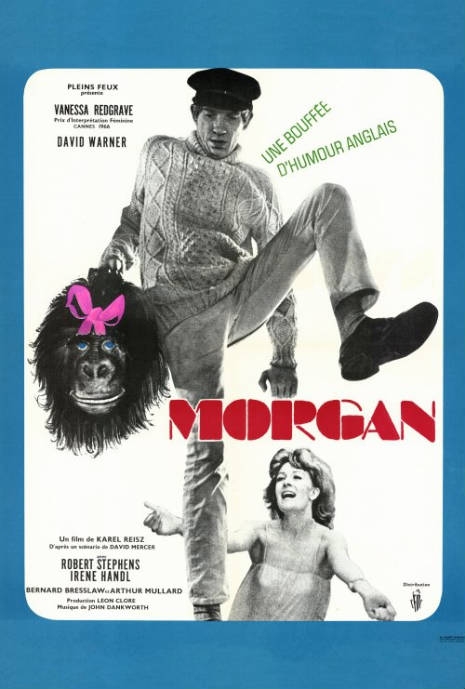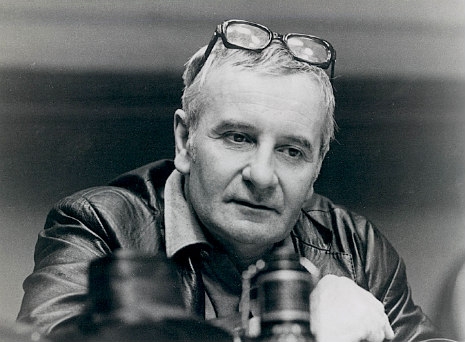
The playwright David Mercer was born in 1928, in a working class district of Wakefield, in the north of England. He was raised amid the poverty and hardship that bred the instinctual Socialism of his father and uncles, which they had learned from experience, and gathered from books by Wells, Shaw, Lenin and Marx. This was Mercer’s first taste of the politics, handed-down, father-to-son, which was to influence all of his writing.
He quit school at 14, and worked as an apprentice technician, before he signed-on for 4-years with the Royal Navy. He went on to study at King’s College, Newcastle, then married and moved to Paris, where he tried his hand as an artist, before deciding he was best suited at being a writer. He wrote long, rambling novels influenced by Wyndham-Lewis. The practice taught him he could writer, but his novels were too abstract and had no relation to how he truly felt. This taught him that he could write but was not a novelist, he therefore started writing plays.
His first Where the Difference Begins (1961) was originally intended for the stage, but was produced for television by the BBC. The play was a valediction to the old men of Socialism, the Keir Hardie inspired patriarchical socialism being left behind by the active Marxism of a younger generation. The play reflected the difference between his father’s beliefs and Mercer’s own—though Mercer was smart enough to be critical of his own ideals.
The play was successful and he followed it with A Climate of Fear (1962), which dealt with conscience under the threat of a possible nuclear war, and The Birth of a Private Man (1963), concerning the problems of maintaining strong political conscience within an affluent environment.
Mercer brought a naturalism to the theater of ideas—he discussed issues of Empire, politics and patriarchy in plays such as, The Governor’s Lady (1965) and After Haggerty (1970), while his television plays, The Parachute (1968), which starred fellow playwright John Osborne, and On The Eve of Publication (1969) with an incredible central performance by Leo McKern, and Shooting the Chandelier (1977) with Alun Armstrong and Edward Fox, which have shaped TV drama right through to present day (in particular the works of Stephen Poliakoff or David Hare), though David Mercer himself is all too often forgotten.
Though a Socialist, Mercer was never blinkered to the follies and mistakes of Socialism, Communism and the politics of the Left. He was aware that the aim of political revolution was often frustrated by the inherited conventions of society, and by the frailty of human emotion and mind. This was shown to it great effect in the film version of his play, Morgan: A Suitable Case for Treatment (1966), in which David Warner, had an obsessional relationship with Marxism, apes, and his ex-wife (Vanessa Redgrave), that led him to (literally) become a revolutionary “gorilla” determined to derail his ex-wife’s new relationship.
With thanks to NellyM
More from David Mercer and the theater of politics, after the jump…






